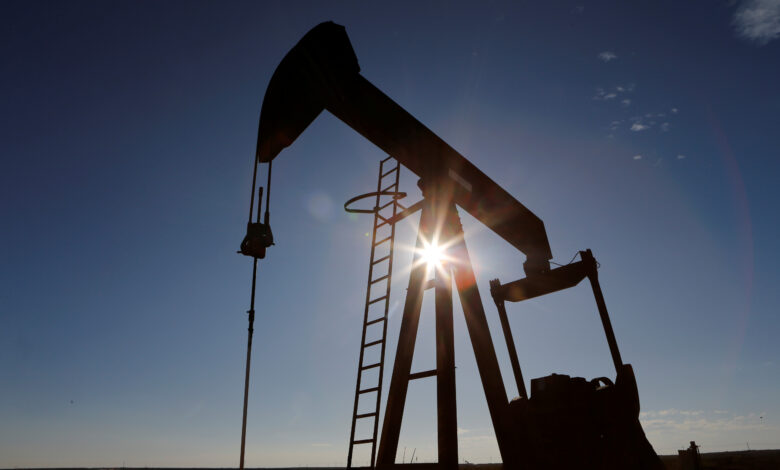Oil prices steady after Iran plays down reported Israeli attack

OIL steadied on Friday (Apr 19) following an earlier price spike of more than US$3 a barrel after Iran played down a reported Israeli attacks on its soil, in a sign that an escalation of hostilities in the Middle East might be avoided.
Brent futures were up 10 cents at US$87.21 a barrel at 11.30 am EDT (1430 GMT).
The front month US West Texas Intermediate (WTI) crude contract for May rose 27 cents to US$83 a barrel. The more active June contract was up 15 cents at US$82.25 a barrel.
Explosions were heard in the Iranian city of Isfahan on Friday in what sources described as an Israeli attack, but Teheran played down the incident and said it did not plan to retaliate.
“It was nothing but a big show, and so the markets deflated as quickly as they spiked,” said Tim Snyder, economist at Matador Economics.
Investors had been closely monitoring Israel’s reaction to Iranian drone attacks on Apr 13 that were in turn a response to a presumed Israeli air strike on Apr 1 that destroyed a building in Iran’s embassy compound in Damascus.
GET BT IN YOUR INBOX DAILY

Start and end each day with the latest news stories and analyses delivered straight to your inbox.
Meanwhile, US lawmakers have added sanctions on Iran’s oil exports to a pending Ukraine aid package after Teheran’s missile and drone strike on Israel last weekend.
Iran is the third largest oil producer in the Organization of the Petroleum Exporting Countries (Opec), according to Reuters data.
The International Monetary Fund expects Opec+ to begin increasing oil output from July, media reported on Friday.
Opec+ members, led by Saudi Arabia and Russia, last month agreed to extend voluntary output cuts of 2.2 million barrels per day (bpd) until the end of June. That has helped keep oil prices elevated.
As oil’s risk premium has gradually unwound, prices have fallen around 3 per cent since Monday and are set for their biggest weekly loss since February.
Investors, however, are not ruling out the possibility that Middle Eastern tensions will disrupt supply.
Analysts from Goldman Sachs and Commerzbank raised their Brent crude forecasts on Friday, taking into account geopolitical tensions as well as the prospect of rising demand and restrained supply by the Organization of the Petroleum Exporting Countries and allies (Opec+).
“Oil demand is growing at a healthy pace, and supply should be constrained due to the extensions of the voluntary production cuts of Opec+,” UBS analyst Giovanni Staunovo said. REUTERS





